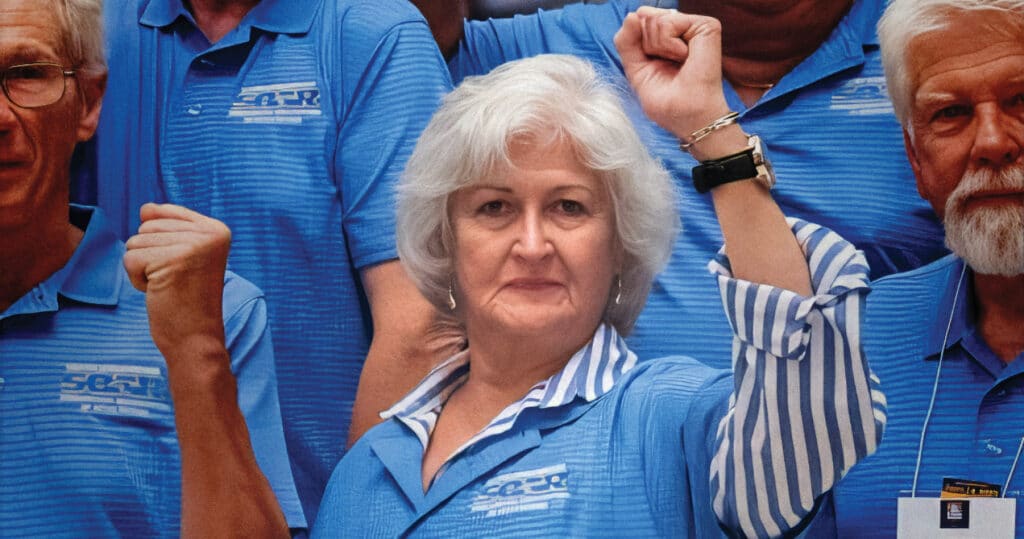ITC must act to stop China’s predatory tire trade practices
Courtesy of The Hill
By Sens. Sherrod Brown (D-Ohio), Jeff Sessions (R-Ala.), Charles E. Schumer (D-N.Y.), and Rob Portman (R-Ohio)
Once again producers and workers making passenger vehicle and light truck tires in America are in danger. China has targeted the market with millions of dumped and subsidized tire imports that are killing jobs and reducing wages. They undermine the principles of free trade and free enterprise by ignoring the rules that they promised to uphold. It’s time for our government to say: enough is enough.
Recently we asked the U.S. International Trade Commission (ITC) to recognize the injury that the industry and its workers have experienced, along with the injury inflicted on the communities where they work and live. Shortly thereafter, the U.S. Department of Commerce reaffirmed its view that Chinese tire makers have been dumping and subsidizing sales into our market, with rates ranging from 30 to 169 percent. Commerce, after a careful investigation of the facts, actually increased the preliminary amount of subsidies and dumping that they had calculated shortly after the cases were filed. Still, China has decided to build up the size and scope of its industry and ship its unfairly-priced tires here to keep its companies producing and workers employed … more
By clicking Sign Up you're confirming that you agree with our Terms and Conditions.
Recent News Articles
Want to Learn More?
See how the USW is making a real difference in our communities and our workplaces.

